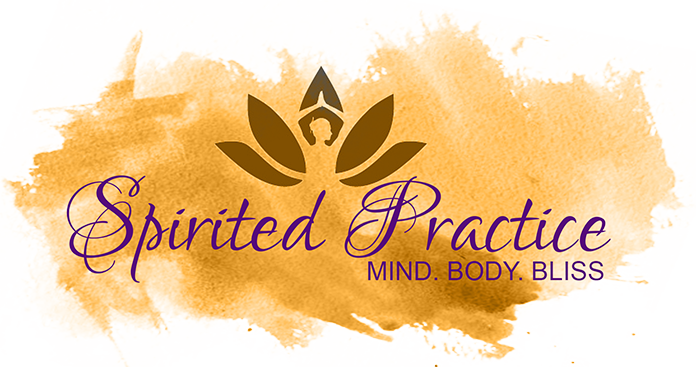 |
| Photo courtesy of www.teavana.com |
Though I still occasionally enjoy a cup of coffee, my heart belongs to tea. I love it’s versatility and flavor. Recently having led a group cleanse I decided to research tea’s affects to see if it was truly necessary to avoid any tea besides herbal tea.
I have been drinking black tea since I can remember. I was never aware of the benefits except that it made be feel warm and good all over. Recently there have been numerous studies done on the benefits of drinking various forms of tea. I’m not going to discuss herbals today because they are in a class of there own.
Tea Facts
Tea has been consumed for nearly 5,000 years and certainly played a major role in America’s history. American’s drink 79 billion servings of tea per year, 84% of it is black tea and 85% of it is iced tea. Compared to our 100 million daily coffee drinkers, there are158 million daily tea drinkers.
Tea is naturally resistant to most insects, a sustainable and an environmentally-friendly product. Tea is natural and does not need much processing. Tea generally has no sodium, fat, calories, sugar or additives.
Does tea make us healthier?
Green and black tea have been shown to reduce stress and increase positive feelings. These teas have been helpful in decreasing cancer formation, increasing weight loss and maintenance, decreasing LDL cholesterol, and increasing bone density while decreasing osteoporosis. Green and black tea have also been shown to decrease Parkinson’s and Alzheimer’s symptoms and onset.
How?
Green and Black Teas contain:
- Phytochemicals– naturally occurring plant compounds that are thought to play a role in decreasing the risk of cancer and heart disease and may boost the immune system.
- Polyphenols (antioxidants)- help prevent oxidative damage caused by reactive oxygen and nitrogen
- Flavonoids (antioxidants) that help elevate metabolism, increase fat oxidation and improve insulin activity
- Theanine– (an amino acid) lowers the chances of age-related mental decline;
may reduce mental stress, and produce feelings of relaxation by increasing levels of serotonin, dopamine, and alpha wave activity - Catechins – (antioxidants) provide modest shifts in metabolism that may improve weight loss
- Epigallocatechin gallate (EGCG)– (the chief catechin, antioxidant) shown to reduce formation of lung, skin and esophageal tumors
- Caffeine – a stimulant, makes you more alert (8 oz. cup: 25 mg in green tea, 40 mg in black tea, 95 mg in coffee), a little is good, a lot is not
Many of the recent studies on the effects of tea on the brain are discussed in Dr. Jeremy Dean’s PSYBlog post, Tea: 6 Brilliant Effects on the Brain.
After completing my research, I think it’s good to look at any substance we use repeatedly and see what life is like without it. As far as negative affects go, I’m not concerned about drinking tea. Moderation in most every thing is good. So drink up! My favorites are home-brewed chai’s, yet I still love a nice strong black tea and a gen mai cha for my green favorite.
How about you?

